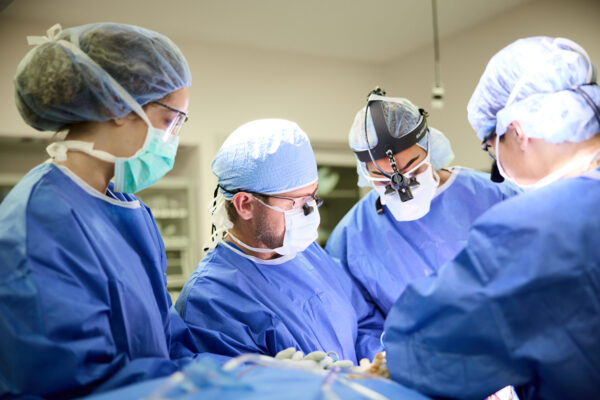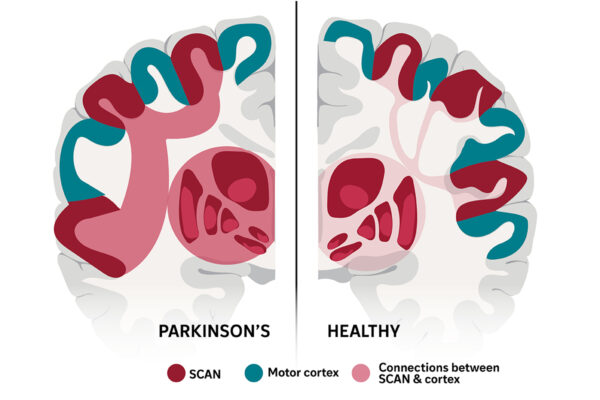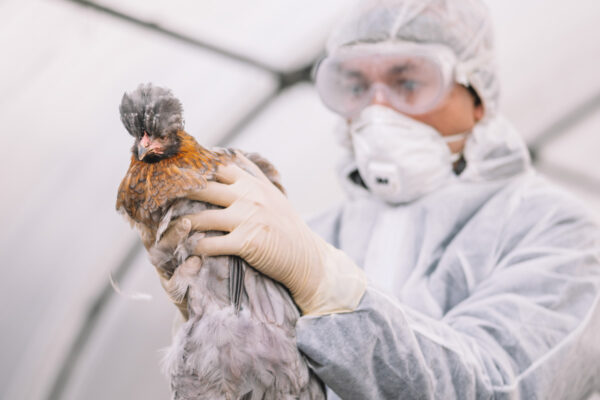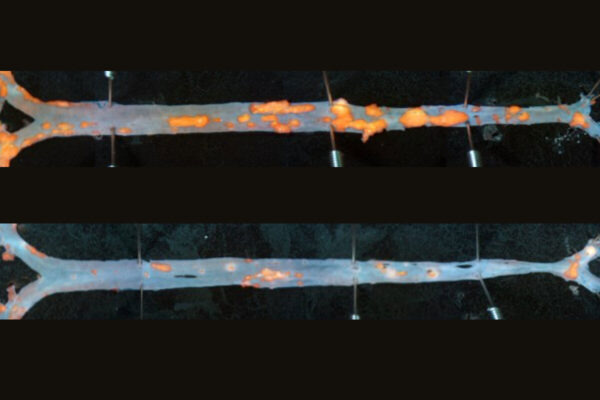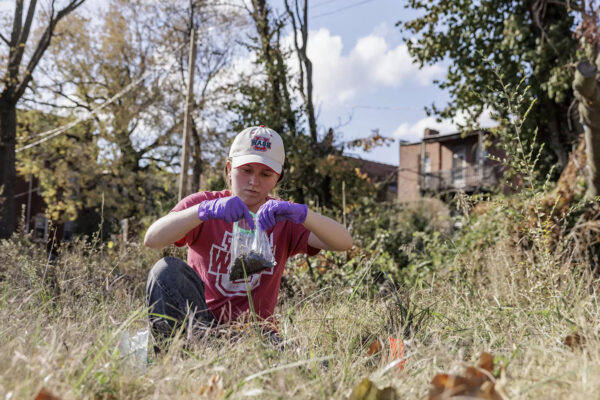Making hydrogen fuel cells ‘less precious’
WashU engineers are working to bring stability to iron components instead of using more expensive precious metals in fuel-cell technologies.
Method spots early signs of infection after breast cancer reconstruction
A new tool developed by WashU Medicine researchers could allow for preemptive treatment of implant-related infections that improves outcomes and reduces patients’ emotional and financial burden.
Brain network responsible for Parkinson’s disease identified
A brain network first identified by WashU Medicine researchers, called SCAN, is shown in a new study to be the neurological basis for Parkinson’s disease. Patients receiving treatments targeted to this brain region, rather than to surrounding areas, experienced greater improvements in symptoms.
Closing the research-practice gap
WashU researchers urge institutions to reward implementation science that demonstrates benefit, improves health, reduces inequities and justifies research investment.
Exhibit features rare copies of Declaration of Independence
“Unalienable Rights: 250 Years of the Declaration of Independence,” a new exhibit at Olin Library, explores all aspects of the declaration. Artifacts include a copy of the declaration that traveled to the moon, a copy of the first commercially produced declaration and WashU’s rare Southwick broadside, one of only seven in existence.
Nasal vaccine combats bird flu infection in rodents
Researchers at WashU Medicine have developed a nasal vaccine against the highly pathogenic H5N1 avian influenza virus, or bird flu, which has jumped from wild birds to farm animals to humans. In rodents, the vaccine elicited a strong immune response and prevented infections in H5N1-exposed animals.
Martin installed as inaugural Margaret Oung Distinguished Professor
Xiumin Martin, a leading accounting scholar whose research deepens our understanding of finance markets and directly informs accounting policy and corporate governance, was installed in November as the inaugural Margaret Oung Distinguished Professor at Olin Business School.
Immunotherapy reduces plaque in arteries of mice
An antibody-based immunotherapy reduces plaque in the arteries of mice, offering a potential new strategy to treat cardiovascular disease, according to a study led by WashU Medicine researchers.
WashU faculty, students search for hidden hazard in tornado’s path
Researchers at Washington University in St. Louis are testing for elevated lead levels potentially kicked up in the destructive path of the 2025 tornado.
Faith leaders on the front lines
Over the last few decades, Christianity in America has become synonymous with conservative causes. But it wasn’t always that way. As faith leaders join protesters in the Twin Cities, they’re showing the next generation of American young people that there are multiple ways to be a Christian, according to Ryan Burge, an expert in religion and politics at Washington University in St. Louis.
View More Stories

